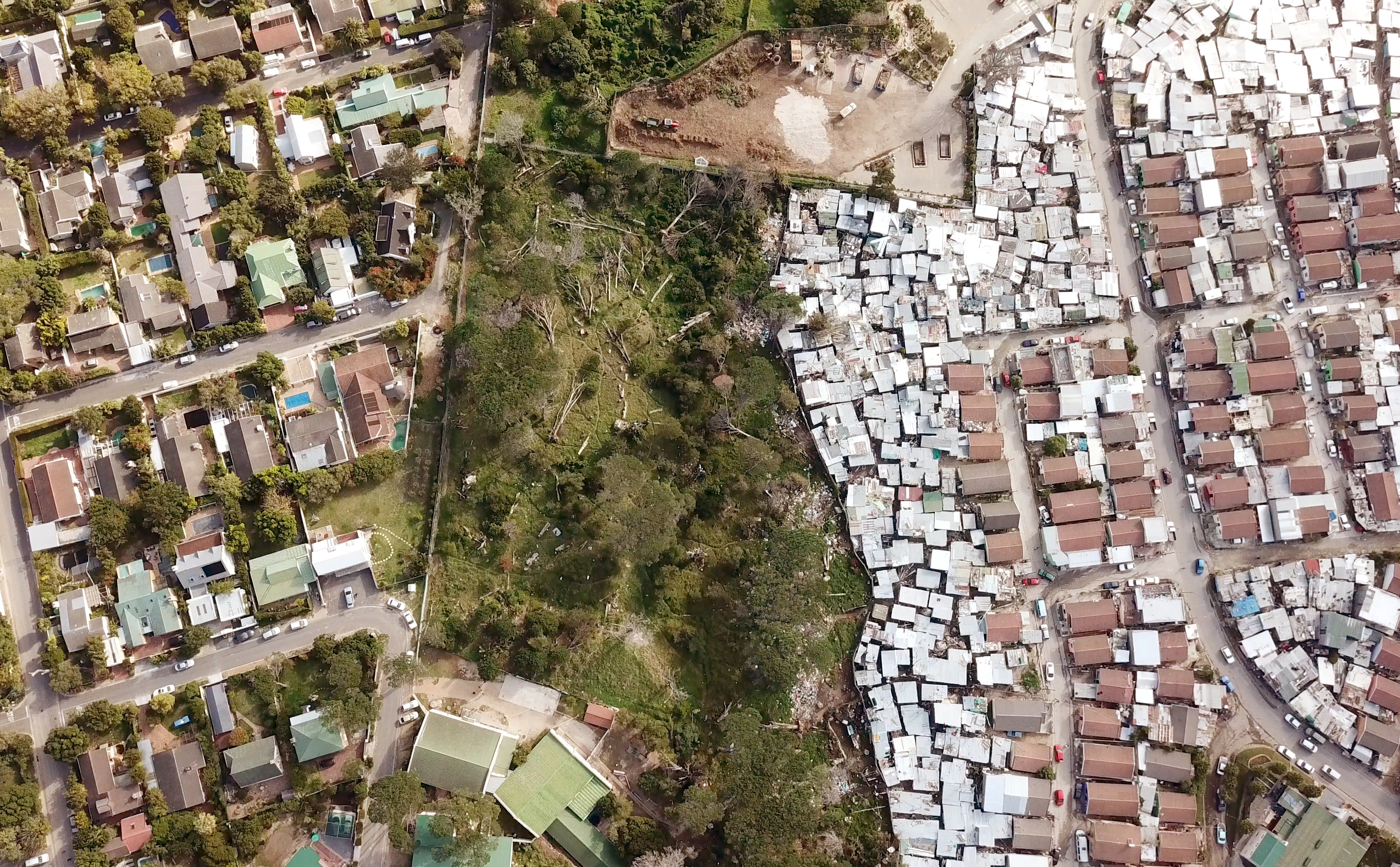
释放全球金融科技潜力:弥合风投资金差距
金融科技已经改变了消费者和企业使用金融服务的方式。风险投资(VC)在推动金融科技创新方面发挥着关键作用,然而,许多公司难以获得风投资金。世界经济论坛和麦肯锡公司联合发布的最新报告《推动创新:弥合金融科技融资缺口》分析了金融科技风投资金的全球差距,并提出了应对融资缺口和促进创新的策略。
Guillaume is Financial Innovation Lead for the Centre for Financial and Monetary systems. He leads the Future of Venture Capital initiative which focuses on three thematic areas; closing funding gaps in fintech ecosystems, catalysing investments in climate tech, and improving governance in venture capital. Guillaume also worked with the Centre for New Economy and Society on flagship reports including the Future of Jobs Report, the Global Competitiveness Report, and the Global Social Mobility Report. He also managed the Global Future Council on the New Agenda for Fiscal and Monetary Policy. Before joining the Forum, Guillaume worked as Head of Research for the Financial Times Group and as Senior Financial News Expert for Dataminr. Guillaume holds an MSc in International Employment Relations and HRM from the London School of Economics and Political Science and a BA in Politics and International Relations from the University of Kent.
金融科技已经改变了消费者和企业使用金融服务的方式。风险投资(VC)在推动金融科技创新方面发挥着关键作用,然而,许多公司难以获得风投资金。世界经济论坛和麦肯锡公司联合发布的最新报告《推动创新:弥合金融科技融资缺口》分析了金融科技风投资金的全球差距,并提出了应对融资缺口和促进创新的策略。
A new World Economic Forum and McKinsey report outlines five pathways to close the venture capital funding gap and enable innovation in the fintech sector.
ASEAN is transitioning to a cashless digital economy, with Thailand and Singapore at the forefront of linking domestic fast payment systems across borders.
New report identifies three pathways for the transformation of fiscal and monetary policy which could foster a fairer, greener and more inclusive society.
The Future of Jobs Report 2020 maps the jobs and skills of the future, tracking the pace of change and direction of travel. Here are five key findings.



